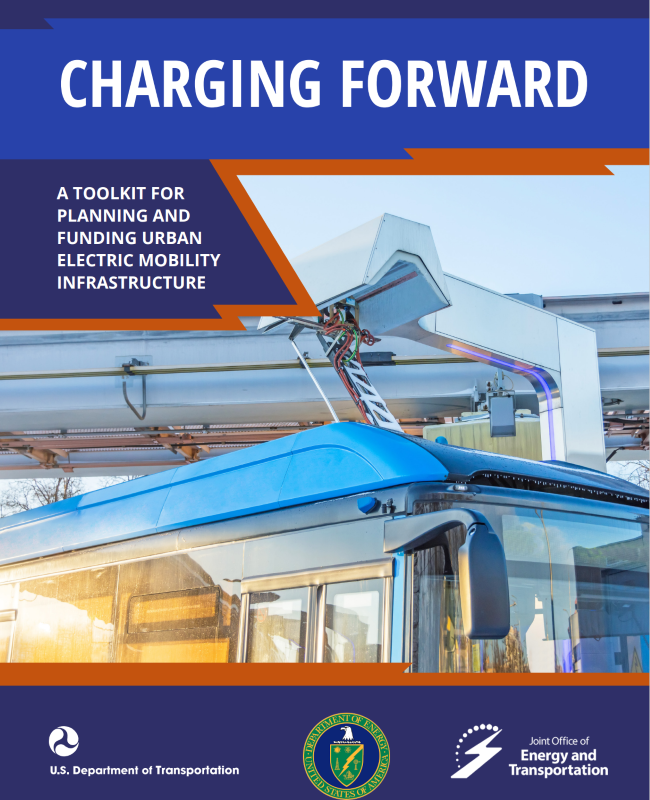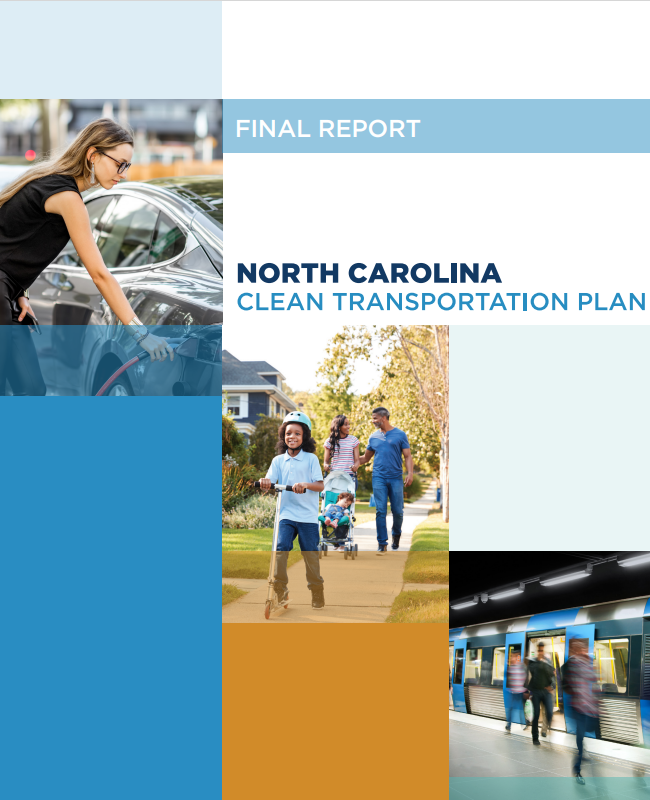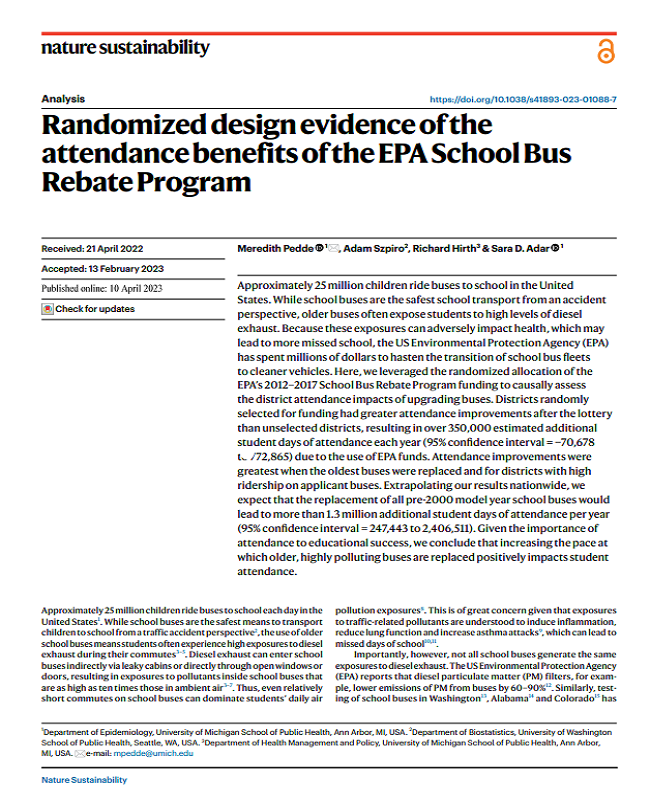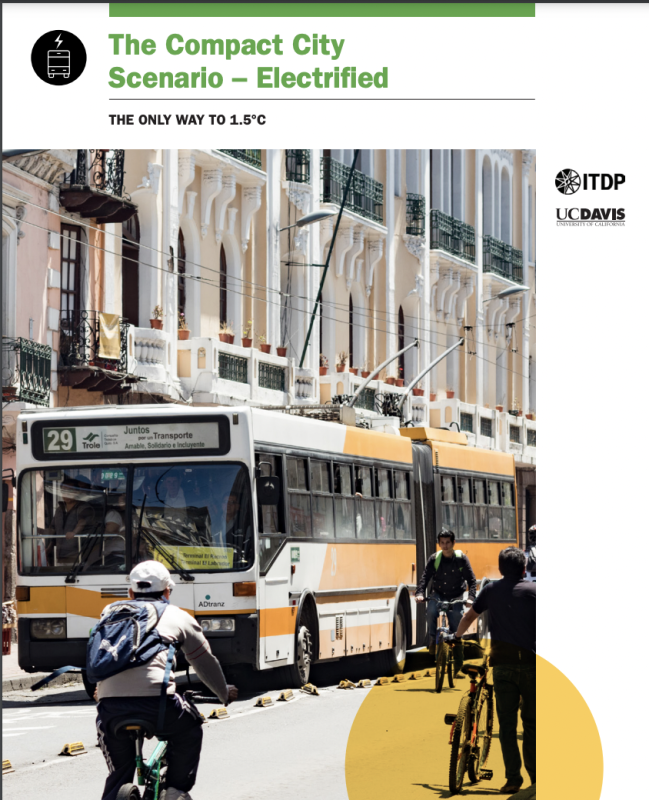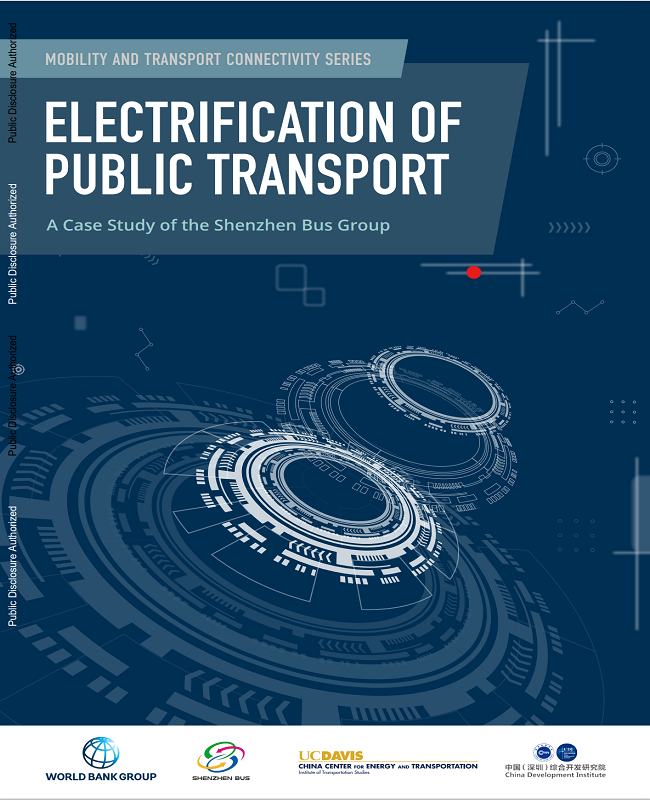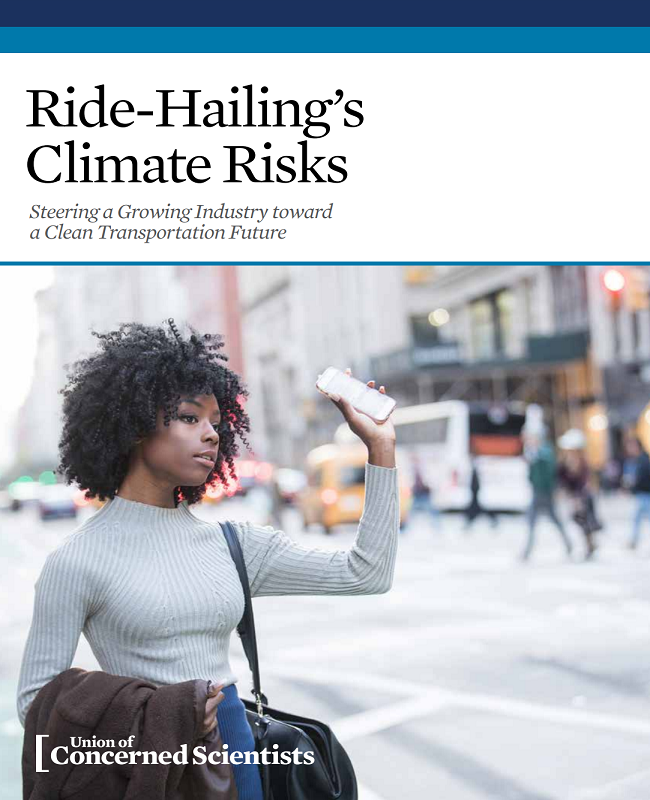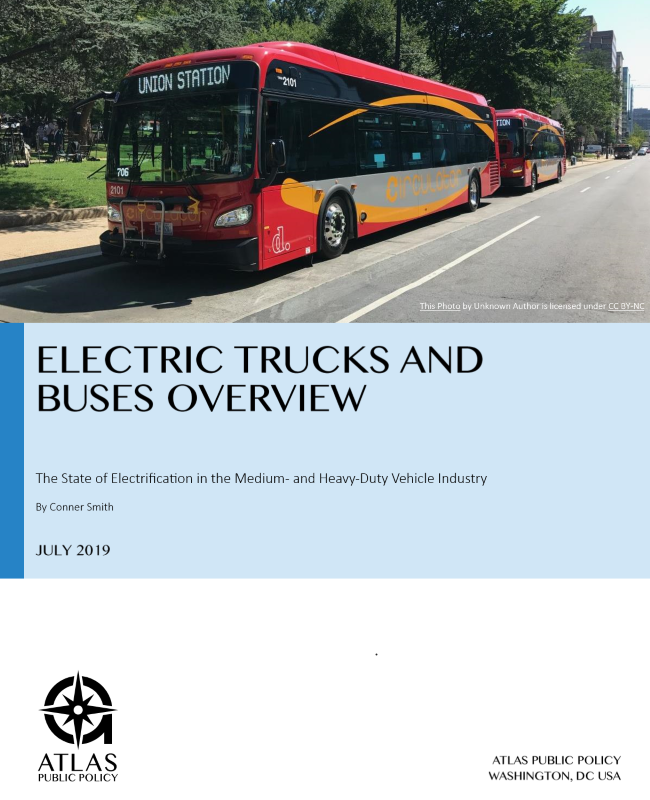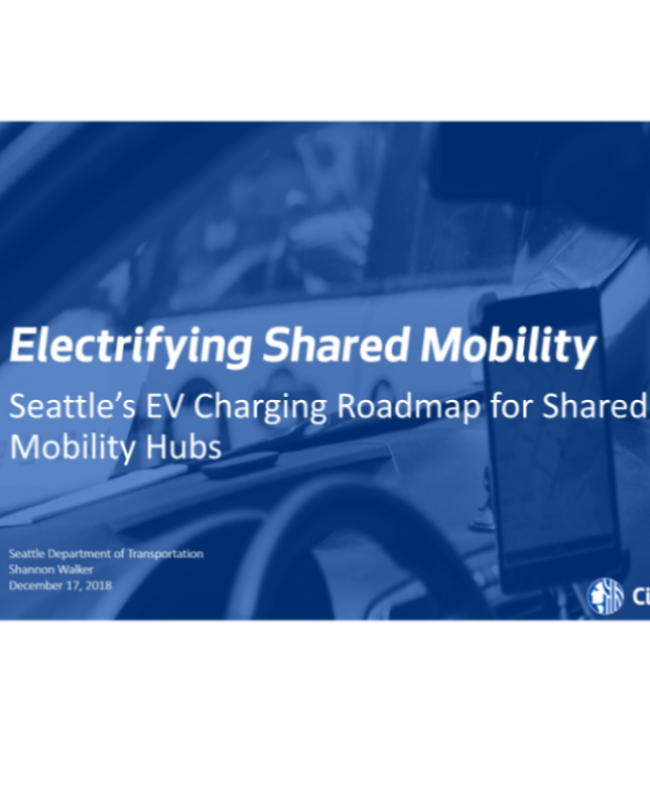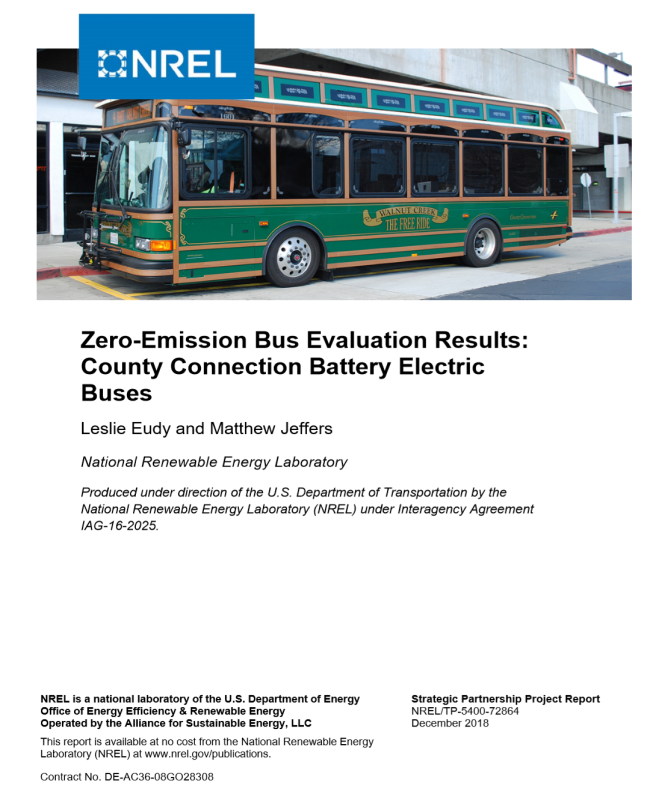Charging Forward: A Toolkit for Planning and Funding Urban Electric Mobility Infrastructure
Dipo Fadeyi2023-07-06T12:33:50-04:00The Urban Electric Mobility Toolkit serves as a one-stop resource to help urban communities scope, plan, and identify ways to fund electric vehicle (EV) charging infrastructure, supporting diverse forms of electric mobility including travel by personal vehicle, transit, micromobility (e.g., electric bicycles and scooters), and ride-sharing services. Urban communities, metropolitan planning organizations (MPOs), transportation providers, businesses, and property owners and developers can use the toolkit to identify key partners for an electric charging project, take advantage of relevant planning tools, and identify available funding or financing to help make that project a reality.
